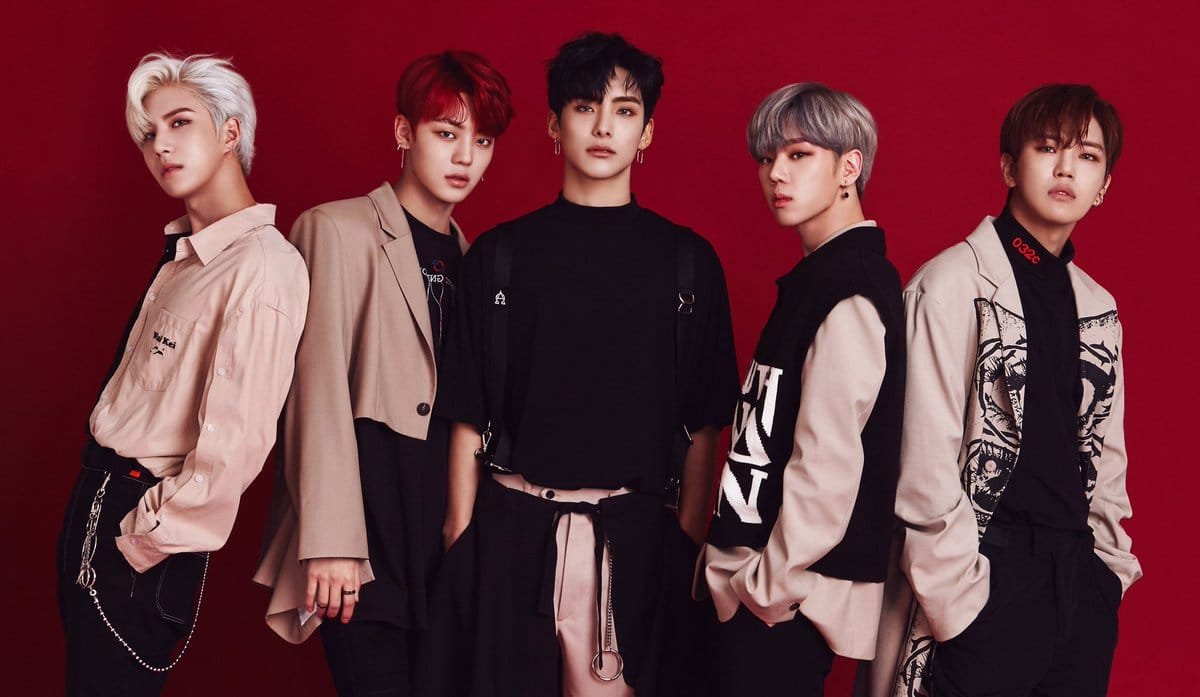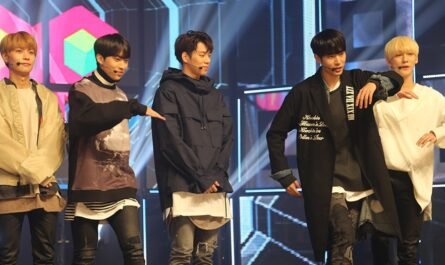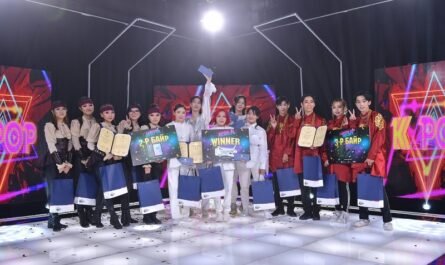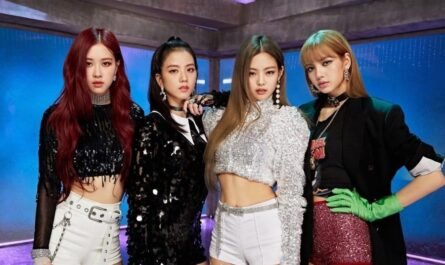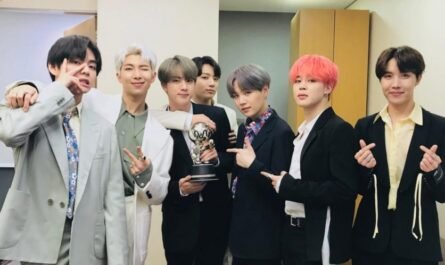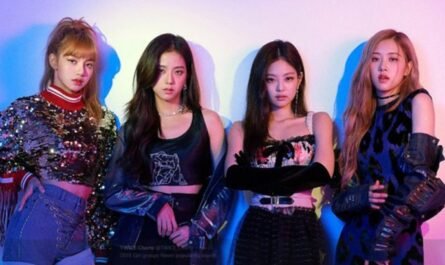Which has recently gained worldwide popularity receives rave reviews from influential overseas media.
US diplomatic magazine ‘The Diplomat’ focused on the influence of Korean culture in the world through an article titled ‘This is South Korea’s K-Pop Soft Power Moment.’ analyzed.
The Diplomat explained, “K-pop, where diverse cultures are harmonized, shows various aspects of a country that is different from nationalism or national identity, which promotes conflicts between countries, and provides an opportunity to gain cultural and economic dominance through artistic aggregation.”.
According to The Diplomat report, K-pop is a global expression of soft power, driven by the ‘Korean Wave,’ which has sought to expand its influence since the late 1990s. K-pop’s success is part of an overhaul in Korea’s arts and entertainment sector to explicitly demonstrate its cultural impact.
The year BTS climbed to the top of the Billboard Hot 100 chart, Bong Joon-ho’s ‘Parasite’ won the 2020 Academy Award for Best Picture, and K-pop girl groups’ Black Pink’ (#8) and ‘TWICE’ broke through the Billboard Global 100 chart for the first time.
Regarding this, The Diplomat pointed out, “This was only the beginning,” and “Korean culture is a powerful force that enhances the presence of Korea.” “Korea has not only threatened America’s cultural dominance, but it is also changing the future of Asia,” he said. “Model Jeong Ho-Yeon made the cover of American Vogue exclusively for the first time in Asia as the squid game became so popular through Netflix. It was the first time in its 130-year history. As of 2021, Korean content surpassed American content in East Asia.”
As a diplomatic and security magazine, we analyzed the value of K-pop by comparing ‘soft power’ to international politics, which is driven by the politics of power. The media said, “Soft power is the power of attraction to gain influence. It is a coercive process that does not use military force. Real soft power is inclusive and encourages cultural absorption and adaptation. K-pop is not a product of confrontation, but an alternative to politics.” It shows hope.”
In addition, The Diplomat said, “It will be interesting to observe the development of Korean K-pop in conjunction with China. “The hard power South Korea achieves through music and actions can be more powerful than any missile system that South Korea can develop,” he emphasized.
Spain’s largest daily newspaper, ‘EL PAIS,’ also reported on a unique article on the 12th that analyzed why Korean cultural contents are influential in the world. The media said, “Not only movies and dramas, but also Korean literature and visual arts through globalization are having an impact on the world market.” “Seoul is emerging as the art capital of Asia.”
Soft power can influence the world without political, economic sanctions, or military measures, and ‘culture’ is a representative example. According to the El Pais report, France used soft power until the 1930s based on intellectual dominance, and the United States used Coca-Cola and jeans to exercise soft power after World War II. In the case of England, in the era of the Beatles (Britpop), in the case of Denmark, when the drama ‘Borgen’ and ‘Hygge’ culture were in full swing, soft power was actively used.
A few years ago, a rare case fitted the concept of soft power and exerted influence even in actual international relations, and that is the case of Korea. Harvard University professor Joseph Nye, who created the concept of ‘soft power, mentioned in 2009 that Korea had the necessary resources to become an empire of soft power.
El Pais said, “From the Asian crisis in 1997, Korea recognized that it was not possible to bet all cards on technology-intensive industries.

